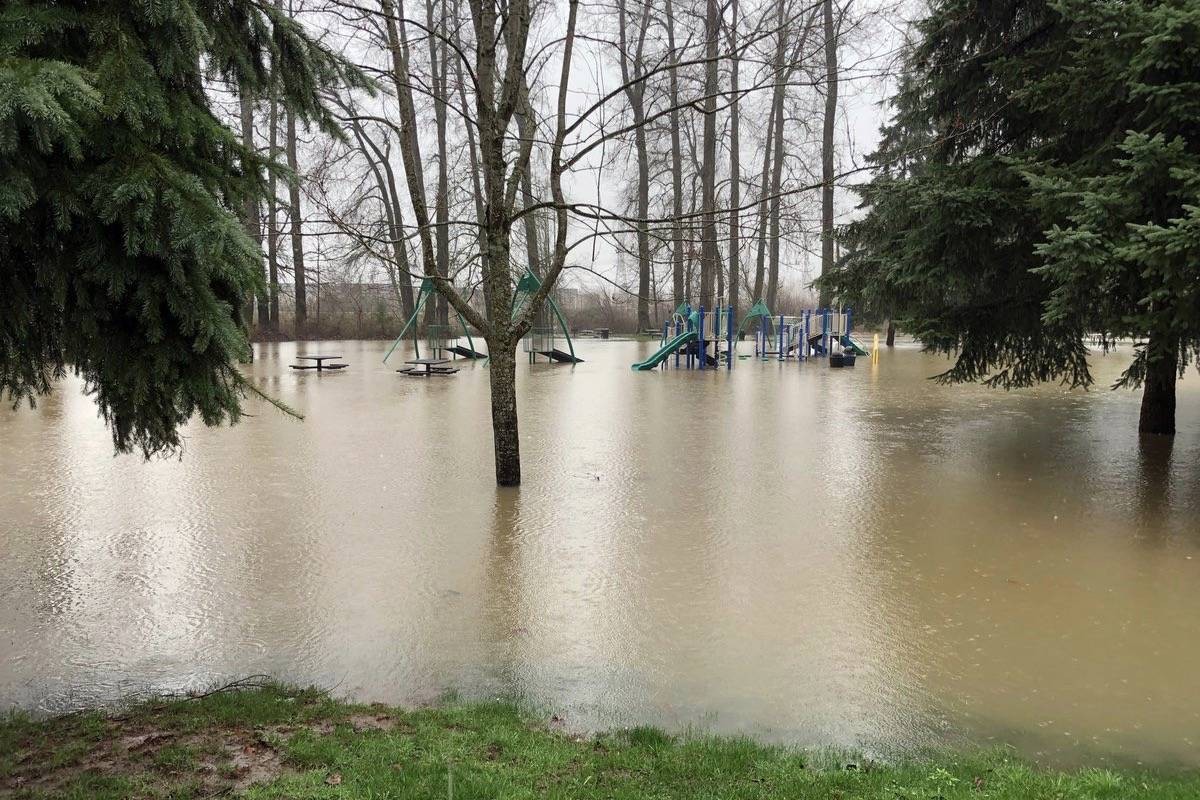
Dying to get out on the water!
Dying to get out on the water? It's your funeral! Excuse the puns but it's about as realistic as I can get. With all the rain we have had over the past few weeks of winter, you can see the flooded farm fields, ditches filled to capacity & overflowing drains. All that water has to go somewhere and on its way to the sea, it'll all drain through the ditches, drains & tributaries into already swollen rivers. This is having the effect of felling trees, ripping up barbed wire fences & compressing the huge volumes of water to very high flow rates. The upcoming snowmelt making matters even worse & all of these factors combined make for a very dangerous environment. What is obvious to us as pro-paddlers, isn't always that obvious to the general public and every year, sadly, we hear of people swimming, rescuing dogs & yes, paddling!
NOMAD Sea Kayaking is a sea kayaking specialist & although we have done a lot of work on our rivers here in the East of England over our sixteen years in business, our expertise & experience is leading groups on the sea.
I don't want to bang on about something many of our locals already know about. For those of you visiting our unique coastline or 'dying' to venture out on our coastal waters for the first time this winter & spring, please, please be careful. We may not have uprooted drifting trees in our waters (although these can be prevalent around the mouths of some estuaries in the UK), we do have Second World War defences including huge concrete blocks, barbed wire & machine gun 'pill-boxes' that have fallen into the sea over years of coastal erosion, a common problem we have all along the east coast of the United Kingdom.
With the strong tides & rough winter seas, these hazards can be lethal. And you won't necessarily see them either with the sea covering sharp lengths of steel protruding from concrete blocks sitting just a few feet from the keel of your kayak or huge concrete structures causing a dangerous suction and pulling you in if you get too close. And it has happened; a few years ago a student on an intermediate course impaled the rear hold of his plastic touring kayak in small swell whilst on holding station during an assisted recovery exercise. The damage was pretty comprehensive and worst of all, the kayak was completely trapped (in swell) until we managed to extricate the unlucky paddler & remove the boat to the nearest beach for an emergency repair. Fortunately, the chap wasn't injured & we managed to continue the day's training having plugged the hole with epoxy and strapped the hull in gaffer tape!
So if you're not concerned about your well-being (you should be), then think about the people left behind. And let's be honest, it's going to smart! So what is the message here;
- Don't sea paddle on your own.
- Paddle with a local guide who knows where the dangers lie.
- Let family/friends know your ingress, egress, route & timings.
- Ensure you have reliable means to call for assistance.
- Don't go out in bad weather.
- Get trained!
Do some simple day courses to build the knowledge & skills you need to safely plan & execute your own day trips & 'don't be that guy'! Rather be that cool-looking sea kayaker with the gear AND the knowledge.
Learn from among the very best coaches in the UK & one of the longest established sea kayaking businesses; join NOMAD Sea Kayaking on one of our training courses this spring and save yourself a lot of grief. After very long isolation with COVID lockdown, it'll be the best thing you can do for your health & physical well-being.
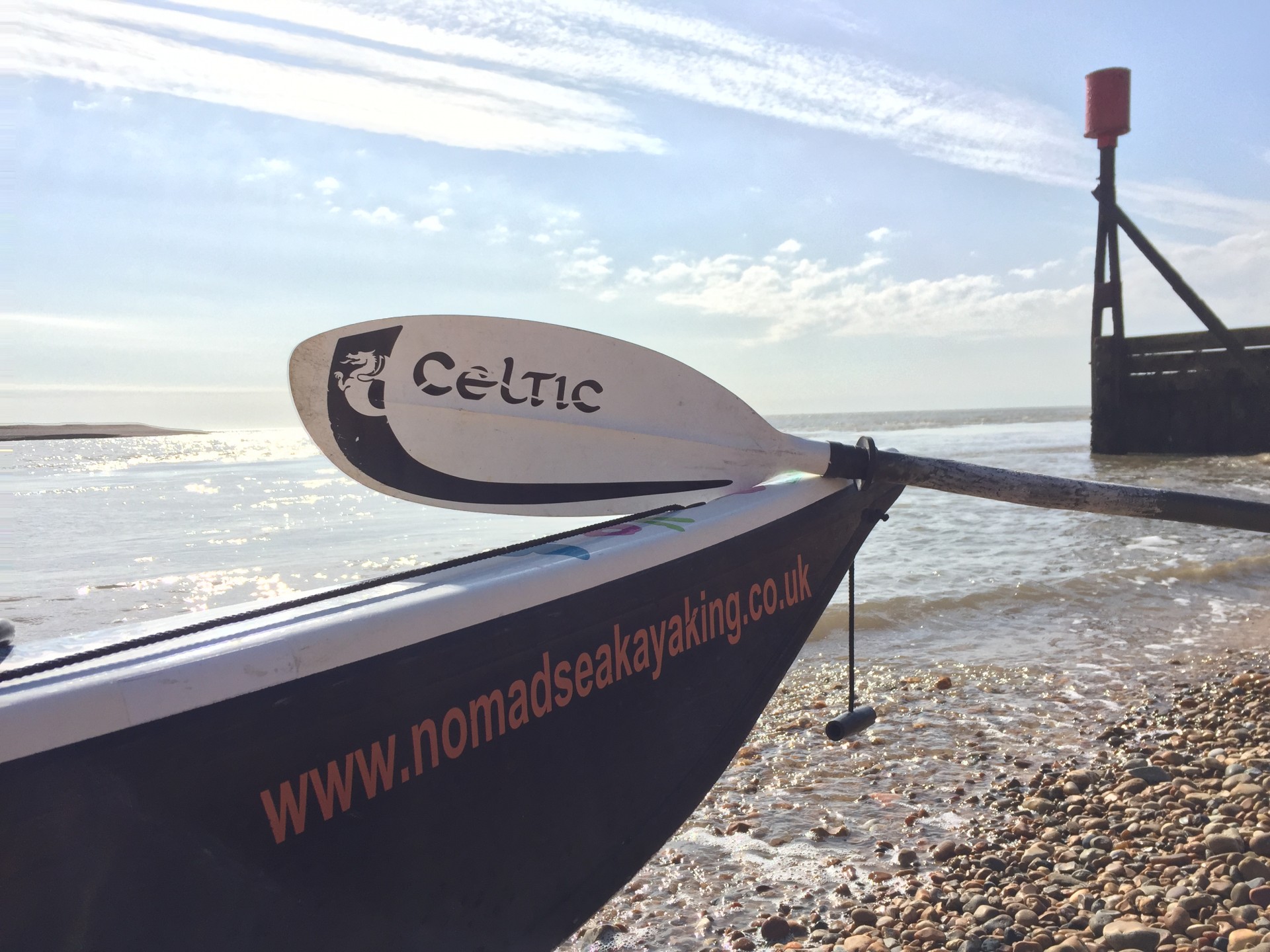
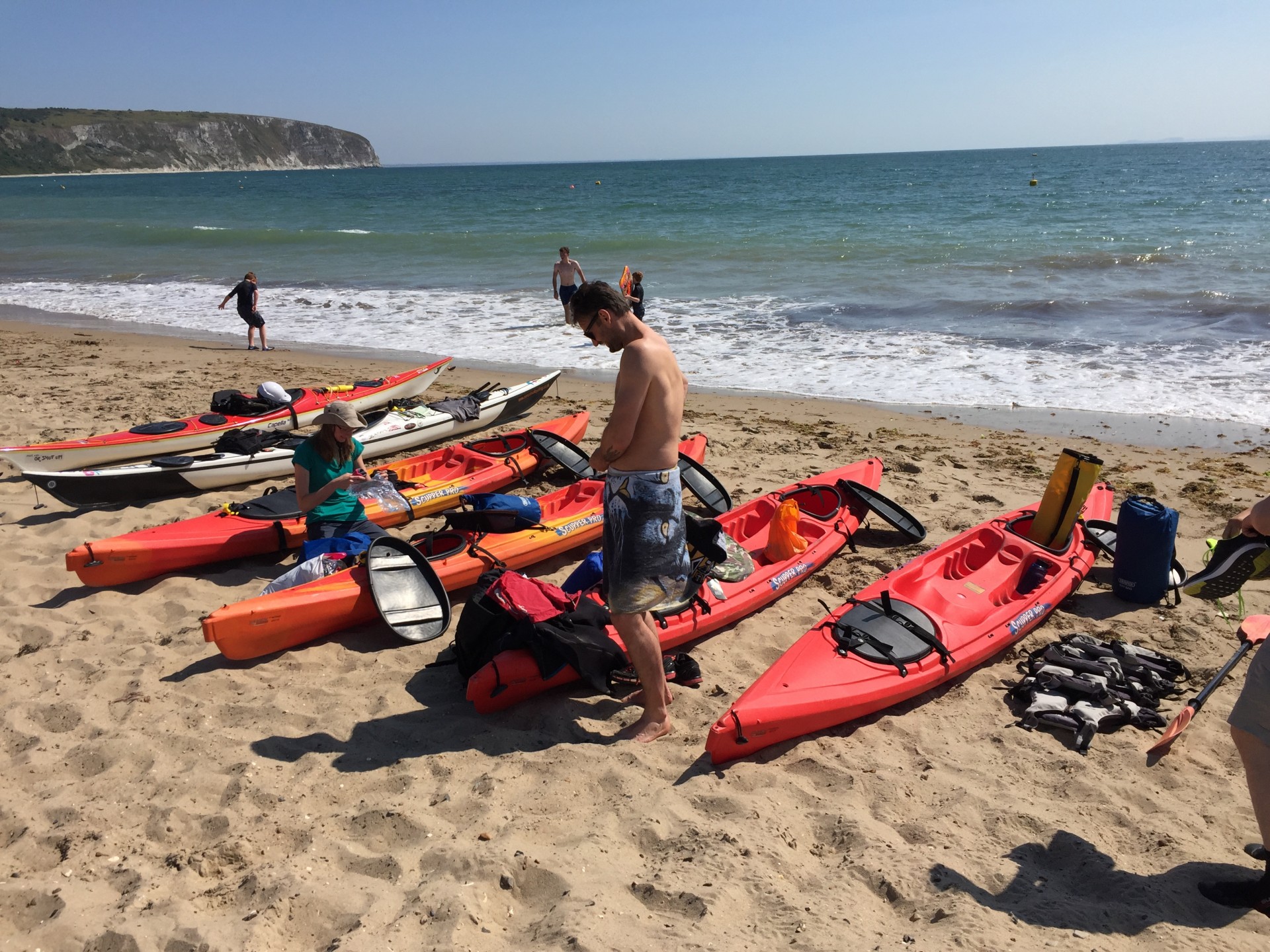
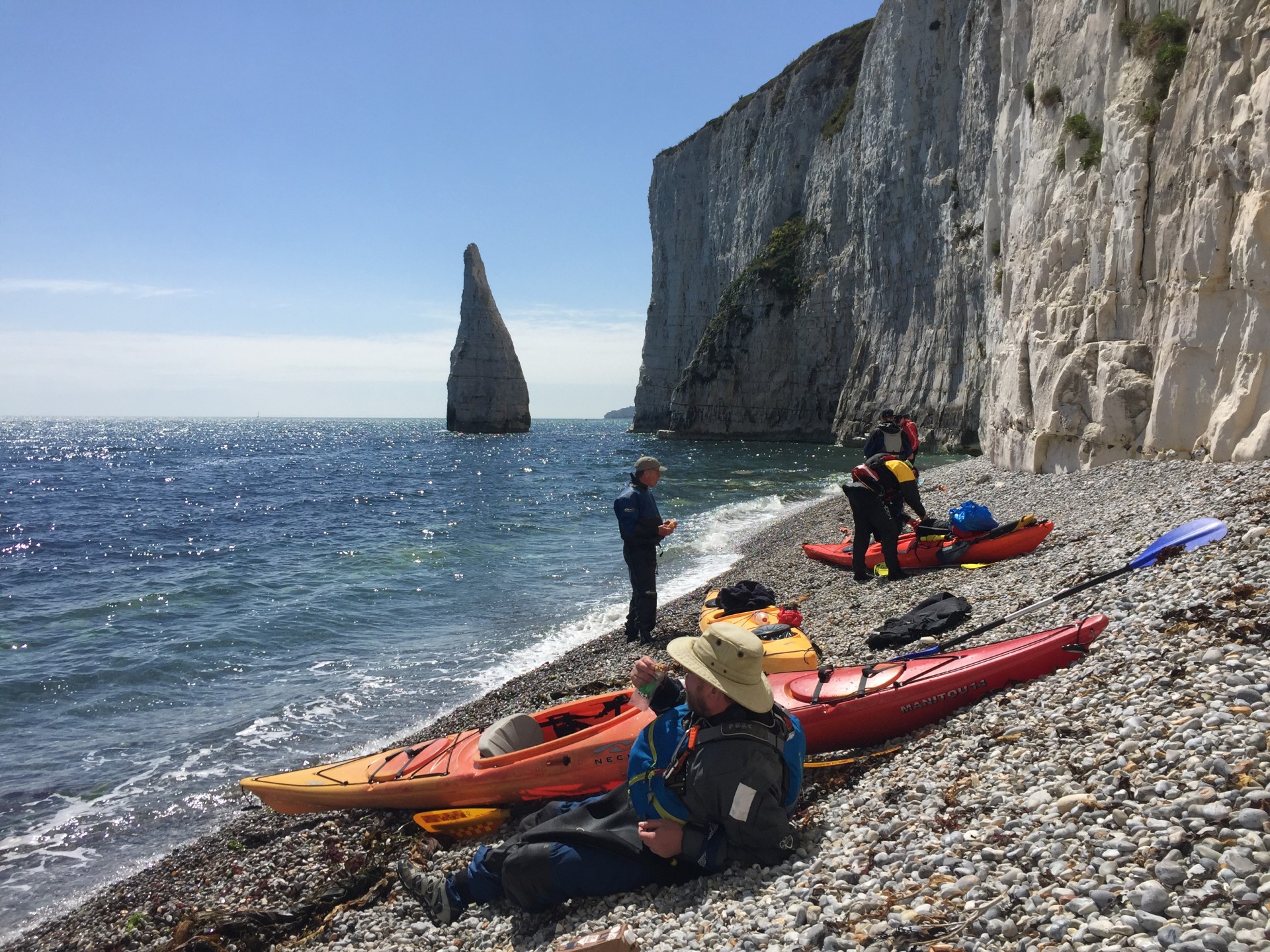
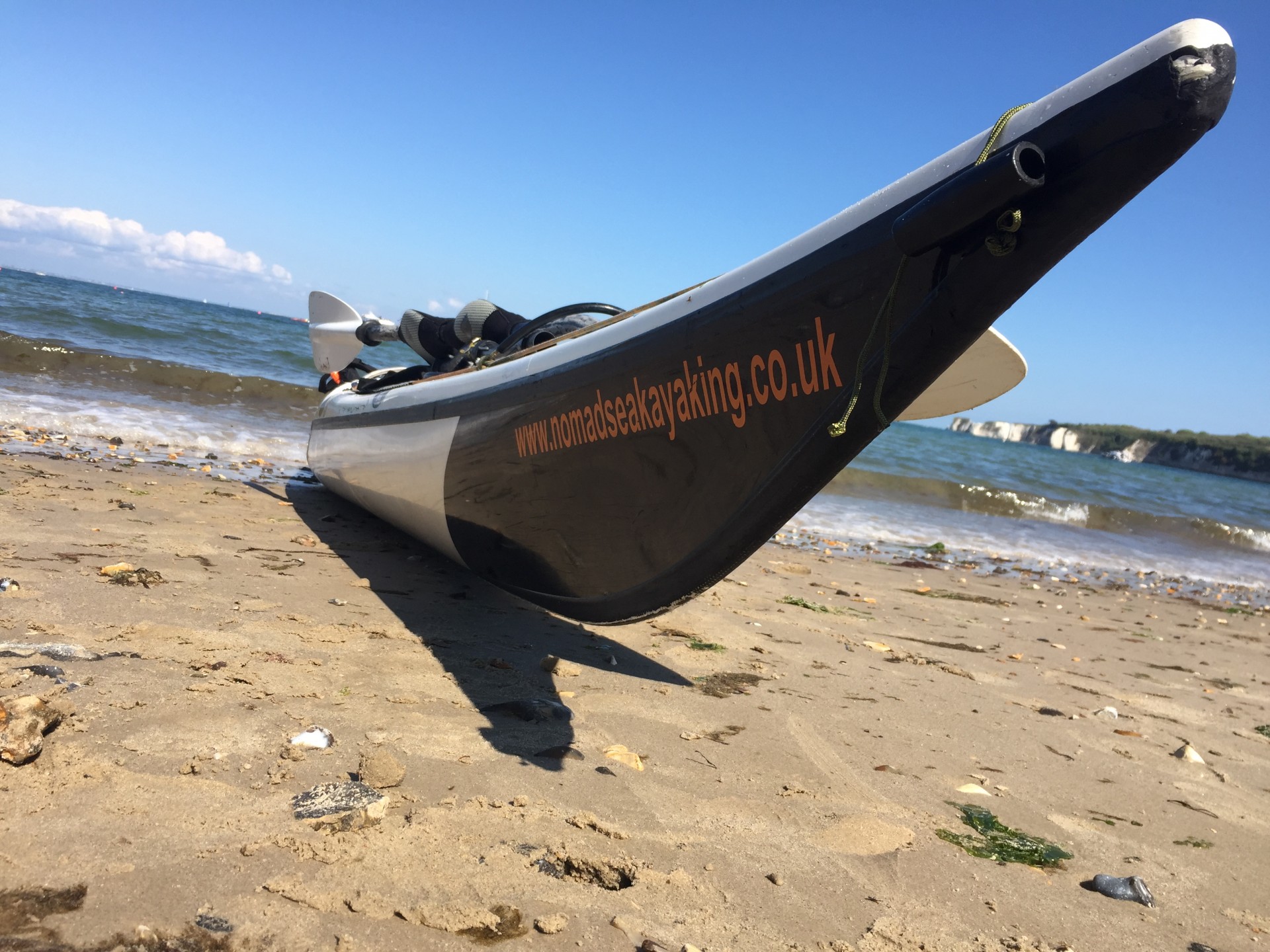
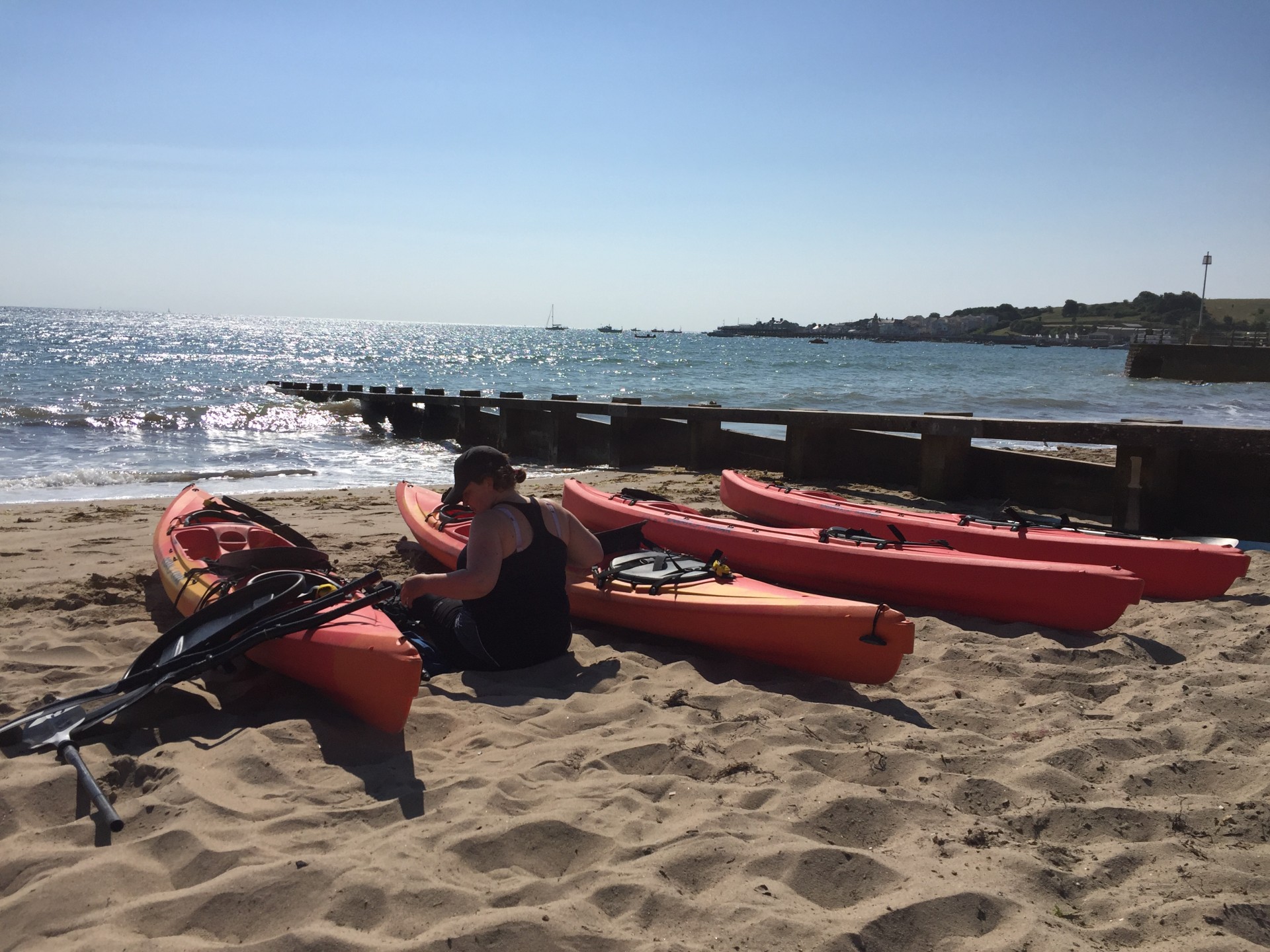
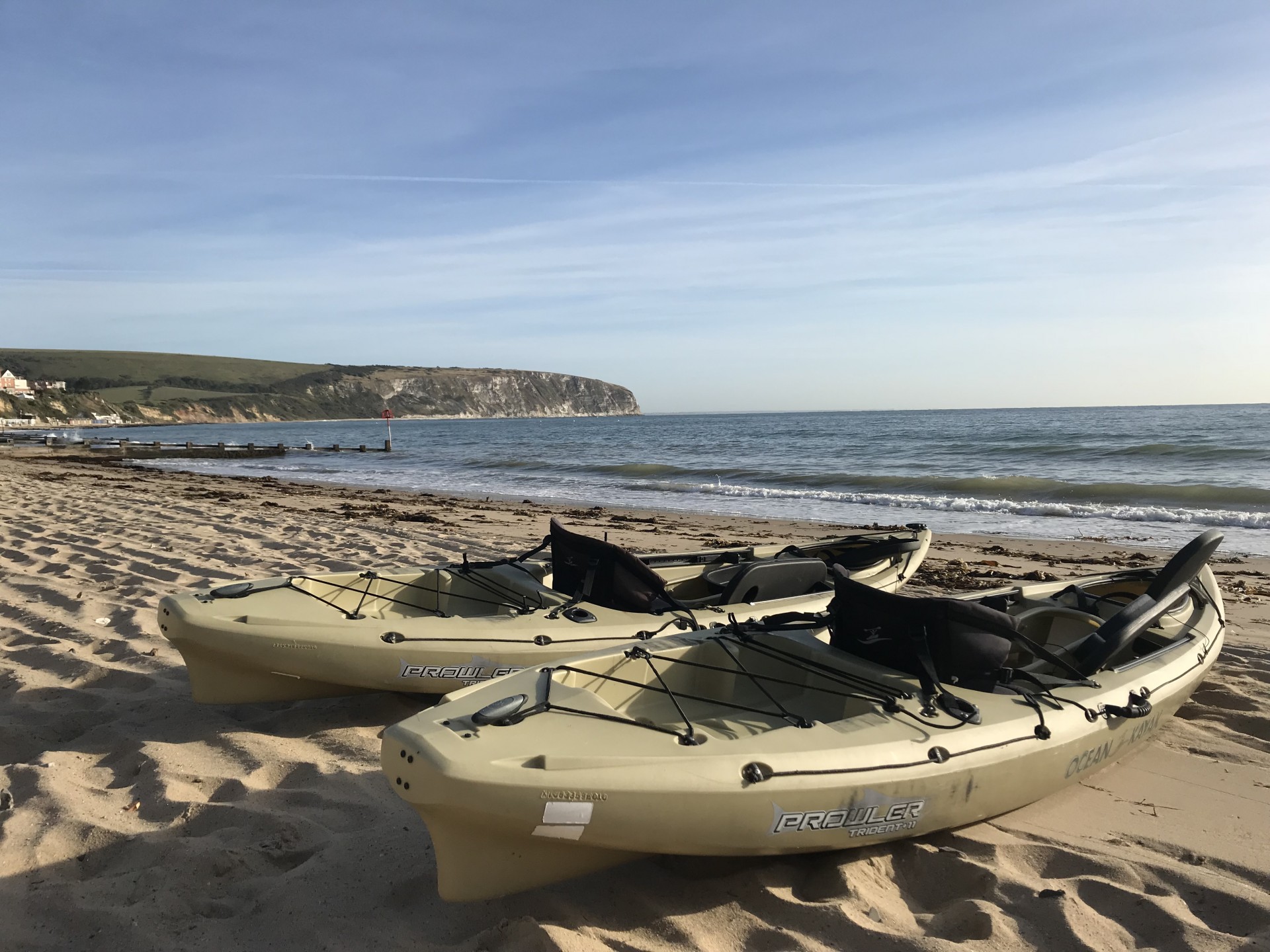
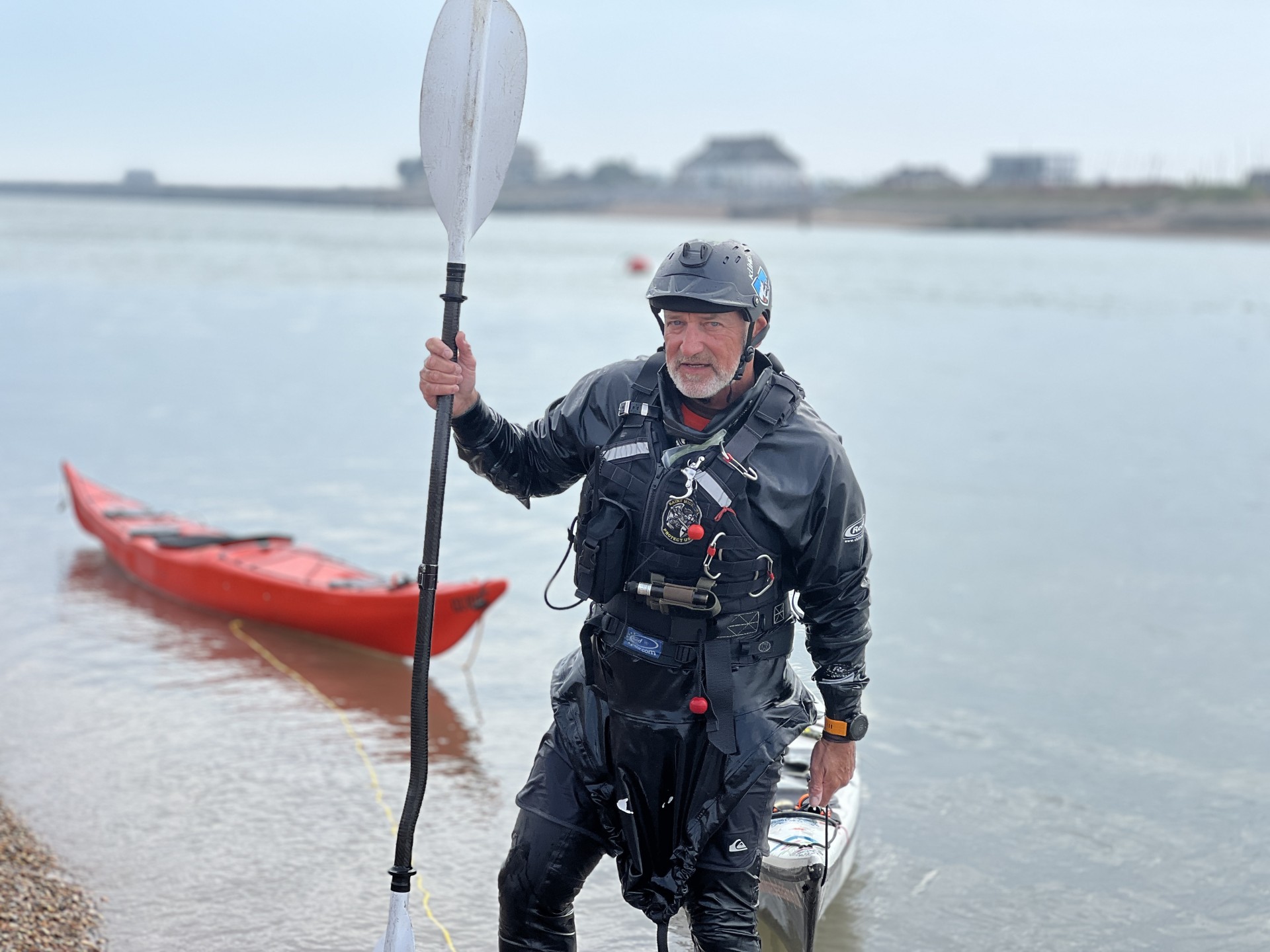
Since surfing with the pros as a kid in Durban South Africa on my hollow 12ft barge & getting absolutely trashed, I was hooked on sea paddling. Over a period of forty-two years I’ve surfed, white watered & sea kayaked in locations around the world. I've guided as a full-time professional for the past twenty one years & my journey continues.